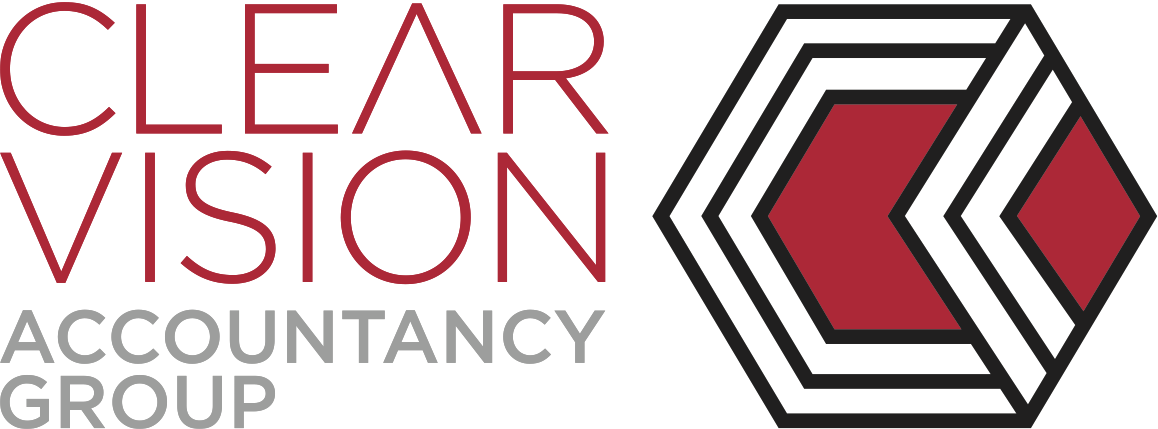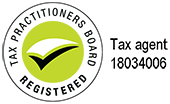The top 5 reasons to adopt cloud accounting
Without a doubt, cloud computing and cloud accounting, are here to stay. And here at Clear Vision we’re all pretty excited about the opportunities that this new technology is bringing for our clients and how we work with them to better manage their finances and business. This is one technology you shouldn’t ignore for too long.
If you’d like to know more about how cloud accounting works and how it can benefit your business please get in touch to attend a seminar we are holding on Tuesday 3 June 2014.
In the interim here are the top 5 reasons why we think businesses should considering adopting a cloud accounting system:
- Access anywhere at any time
Everything from your account balances to outstanding invoices can be accessed securely 24 hours a day, 7 days a week. You can work in your accounts from your pc in the traditional way (albeit via a login to the cloud) or your can take advantage of the cloud system to access it on the road, on mobile devices or anywhere you can access a web based device.
- Reduction and spread in costs
Cloud accounting software is most often installed for free. You then pay a monthly fee depending on the level of services you require and the product you are using. There are no extra costs for upgrading the software either. Upgrades are simply done at the provider’s end with you receiving a notice of extra features and functions are they are added. With accounts from just $50 a month this makes cloud accounting an excellent option for start-up and small businesses.
Because cloud accounting scales up easily it is also suitable for larger enterprises or those going through significant growth periods.
- Increased security
With cloud accounting all data is stored on the cloud and is continually backed up by the service provider so that you don’t have to worry about your server dying or your internal back-ups not working. Online password access means there is no local data to be improperly accessed or lost through improper access to office pcs. The system logs out any user who leaves a login idle.
The system will also track user activity so you can see which of your accounts is using or amending the information.
- Improved data accuracy
Cloud accounting uses real time data and can connect with your bank accounts to provide updates without additional data entry. This can eliminate error prone procedures and keep your data accurate and matched up between accounts.
- Easy and instant communication
Being able to share data and work on accounts at the same time can lead to better communication and improved business decisions. This is particularly true if you are working with Clear Vision. We offer services specifically for cloud accounting users that can help you better manage your business and provide insights that are more immediate and more cost effective than has ever previously been possible.
If you’re already convinced of the value of cloud accounting and want to move ahead please contact us to discuss the best solution for your business. If you want to know more you can also get in touch or come along to our seminar on Tuesday 3 June.
The post The top 5 reasons to adopt cloud accounting appeared first on Clear Vision Accountancy Group.





